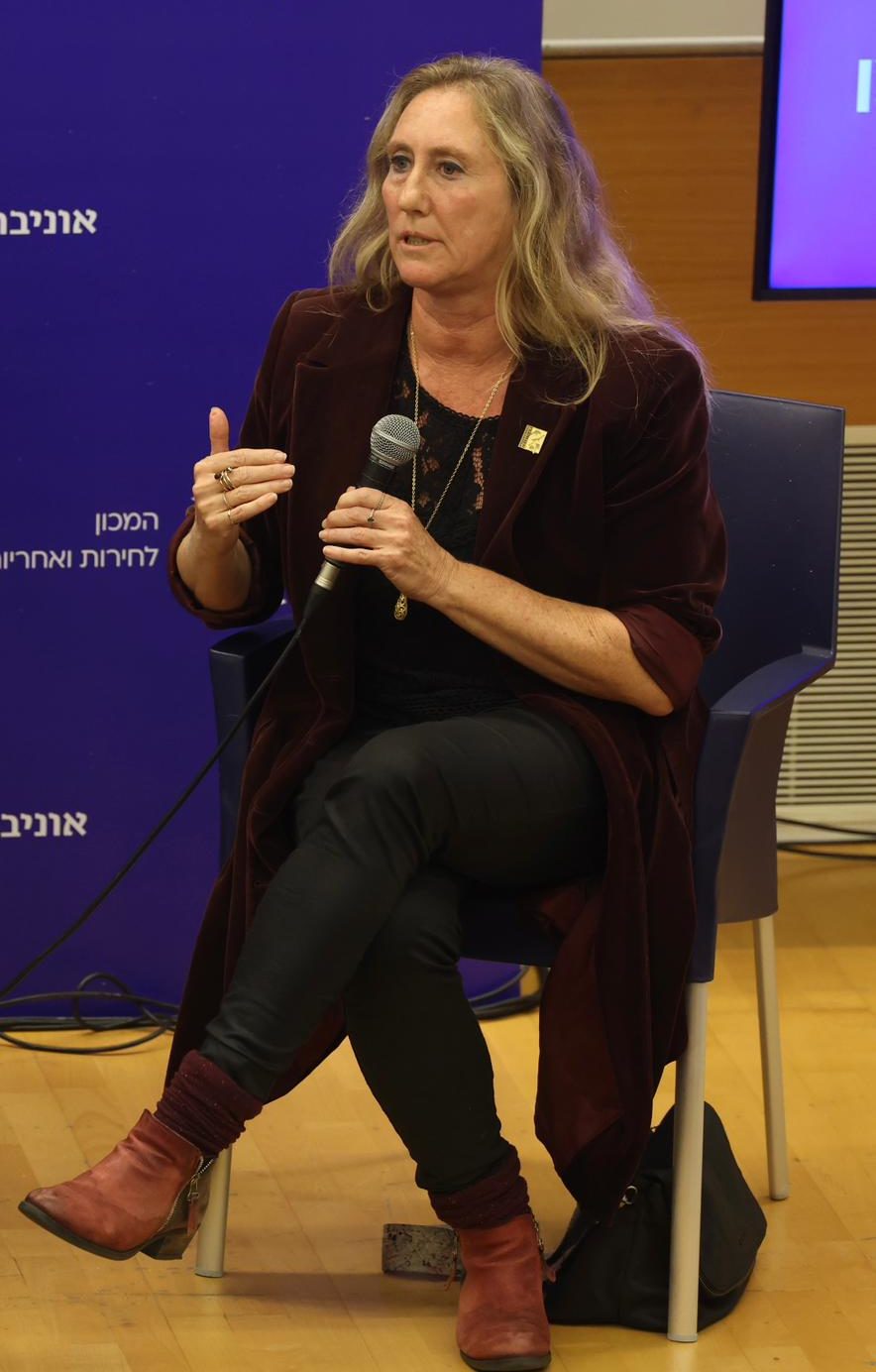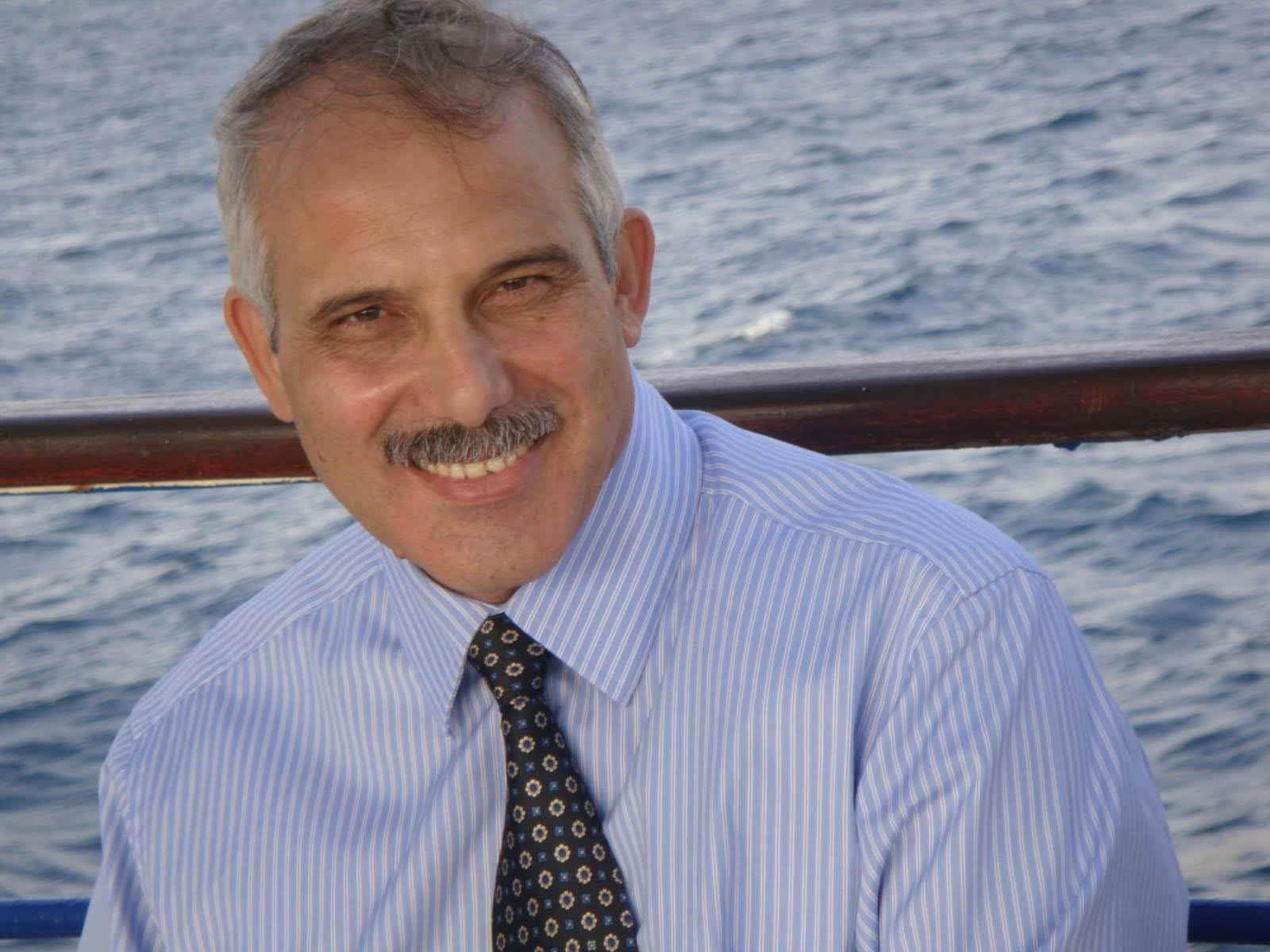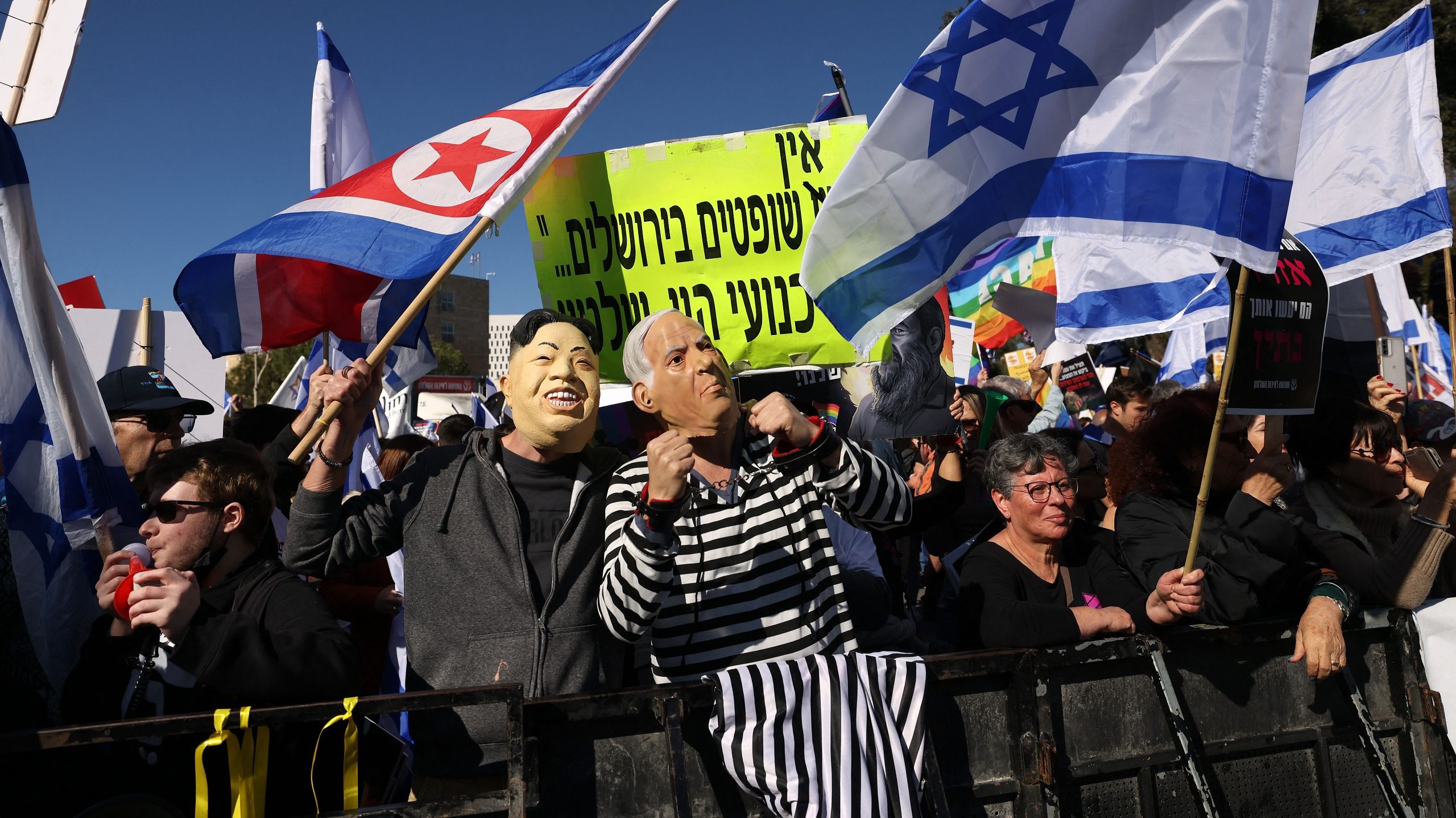Israeli Opposition Faces Arduous Task Against Solid Majority Government
Netanyahu’s legal troubles make him a vulnerable target for the opposition, but his coalition partners are “staunch, anti-liberal ideologues,” and the opposition’s chance of success is slim, expert says
After Israeli Prime Minister Binyamin Netanyahu swore in his new government last week, his predecessor Yair Lapid took to the podium at Israel’s parliament and issued a warning.
“Try not to destroy the country,” a defeated Lapid told Netanyahu.
Facing the most right-wing coalition ever to govern in Israeli history, Israel’s opposition has its work cut out for it.
But as it is highly fragmented, is it up for the job?
Israel has been caught up in a heated debate since the plans of the new government have been exposed. Throughout the coalition negotiations, it became clear that controversy and political wrangling were going to be part and parcel of the incoming Netanyahu government.
His sixth government has promised major reforms and ambitious plans. As the coalition agreements between his Likud party and the political partners were made public, there was widespread concern that many of the new policies will marginalize many groups within society.
Israel is a heterogeneous and politically fractured nation. With a large Arab minority, citizens on both the extreme right and left, and other small groups, the country has many schisms. The homogenous government just sworn in has little representation for those and other sections.
The coalition has 64 members of the 120 seats in the Israeli Knesset, the parliament. They are all part of the right wing in the country.
The 56 members of the opposition are from a wide array of political parties and views. These include 46 MKs from centrist, left-wing, and right-wing, mostly Jewish, Zionist parties, and 10 MKs from two separate and opposing Arab-majority lists, one of them on the far left and the other conservative and Islamist.
What enabled them to form a coalition in 2021 was their disdain for Netanyahu. This proved to be insufficient to maintain power.
Netanyahu, who is under trial for several charges of corruption, has managed to uphold popular support. But it was also the weakness of his opponents that paved his way back to power. Netanyahu is banking on their continued weakness to remain in power and implement his policies.
The main change is the override clause that will allow the Knesset to override the Supreme Court, perhaps even by a regular parliamentary majority. Should this move materialize, the court will be significantly emasculated.
His opponents say the judicial reform he is seeking is only meant to free him of his legal troubles, claiming the system does not need major changes.
The opposition will need coalition members in order to pass laws that will put the government in an uncomfortable position and block it from implementing its policies.
“The opposition has every reason to believe that it can be effective in both blocking this government and ultimately toppling it. That’s because there are many fault lines which create real tensions and conflict in the coalition,” said Alon Tal, a former member of Knesset from the Blue and White party, which was part of the former government.
“We can present laws … and hit fault lines,” Tal added. “When we were in the coalition, we found that this same tactic was very effective in creating tensions, discomfort and exposing different politicians to massive critique and complaints among their base.”
In addition to vowing an overhaul of the Israeli judicial system, the government plans to change the authorities of several key ministerial positions, make alterations in minority rights, and conduct a major shift of policy in the West Bank territories, promising a much tougher stance toward the Palestinians.
Some of the legislative changes were already made last week ahead of the swearing-in.
Critics of the government say its plans endanger the democratic nature of the country. Public discontent on the guidelines has come from a wide range of sectors, from former senior military commanders to diplomats and leading members of the business and high-tech communities.
“This opposition does not have the traditional role of an opposition,” said Dr. Gayil Talshir, from the Political Science Department at the Hebrew University. “The government is planning regime and governance change, so the opposition has a much greater role than just in the parliamentary arena.”

Dr. Gayil Talshir (Reichman University)
With a solid majority for the government in the Knesset, the opposition is destined to fail in that arena.
“The opposition needs to work in a pincer movement on various fronts,” said Talshir. “There is the parliamentary arena, the civil society movements, and also the international arena, which can be used to pressure the government.”
As Netanyahu and the cabinet ministers were sworn in, demonstrators gathered outside the Knesset. Many of them were protesting elements in the government who were against LGBTQ rights. Netanyahu himself promised there would be no change in the status quo of the gay community in Israel. However, members of his coalition from ultra-Orthodox and ultra-right parties have voiced very different opinions.
During the inaugural speech of Amir Ohana, a member of the ruling Likud party and the first openly gay speaker of parliament, ultra-Orthodox MKs bowed their heads as the new speaker thanked his husband for supporting him.
But it is not only the LGBTQ minority that feels threatened.
The Religious Zionism party has said it will promote an amendment to the anti-discrimination law that will allow businesses and other service providers, such as doctors, to refuse to give service based on religious beliefs.
“Discrimination toward the Arab public is inherent in Israel since its inception,” said Mussa Hassadiyeh, a political strategic adviser and owner of an advertising firm. “Now this government has given this discrimination legitimacy, and this will seep through into all aspects of life.”

Political strategic adviser Mussa Hassadiyeh. (Courtesy)
This is fuel for the opposition, but only time will tell if it pushes them to join forces.
Days before the swearing-in of the government, leaders of the opposition parties met in order to coordinate their moves. All parties were present except for the predominantly Arab Hadash-Taal party, which does not see itself in line with many of the opposition positions.
The United Arab List was presented at the meeting by its leader, Mansour Abbas, who joined the previous coalition in an unprecedented move. But Abbas is still ambivalent about the current government.
“He [Mansour Abbas] hopes that by sitting on the fence and not butting heads with the government, he will maintain relations and connections in order to guarantee at least some of the budget that was allocated to the Arab society by the last government,” said Hassadiyeh.
The split between the predominantly Arab parties is detrimental to their ability to exert influence. With Arabs comprising a little over 20% of the population, they are currently underrepresented in parliament. Due to the split between the Arab-majority lists but also low voter turnout, these parties have just 10 seats, one of which is filled by a Jewish MK. And among the legislators in the predominantly Jewish parties is just one Druze Arab parliamentarian.
“Putting ego and personal considerations first caused great damage to the Arab public,” said Hassadiyeh. “But also, the Arab public that did not vote has now found itself outside of the game, with little influence. Instead of fighting discrimination by taking part, they got greater discrimination and smaller budgets.”
The opposition will have to sweat in parliament but also in the streets. It will need to gain and maintain popular support.
“The key for the opposition is to pressure Netanyahu,” said Talshir, who believes his legal woes have proved to be his weak point as seen in the coalition negotiations just concluded. “Yet his partners are staunch, anti-liberal ideologues who will defend the reform fiercely, making the chances of success for the opposition very slim.”
With the override clause likely to pass, the opposition will lose a key component of its tools to fight the government. This will change the rules of the game.
“The opposition will have to fight a very sophisticated battle,” Talshir concluded.


